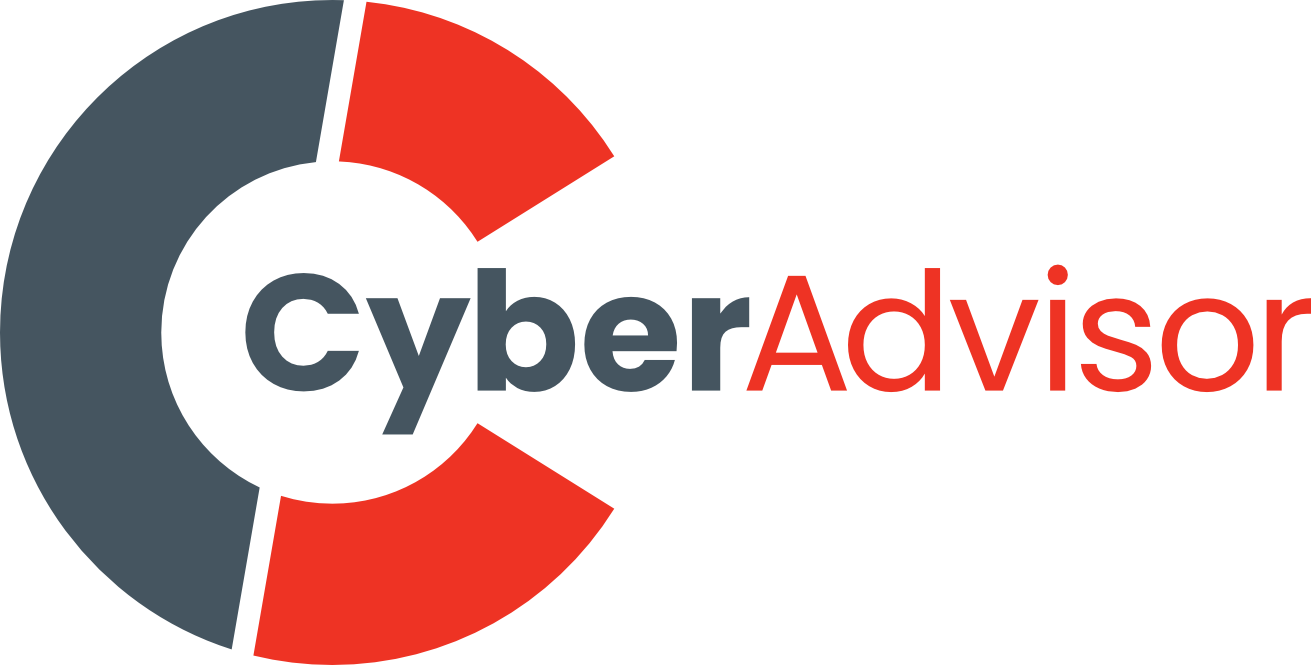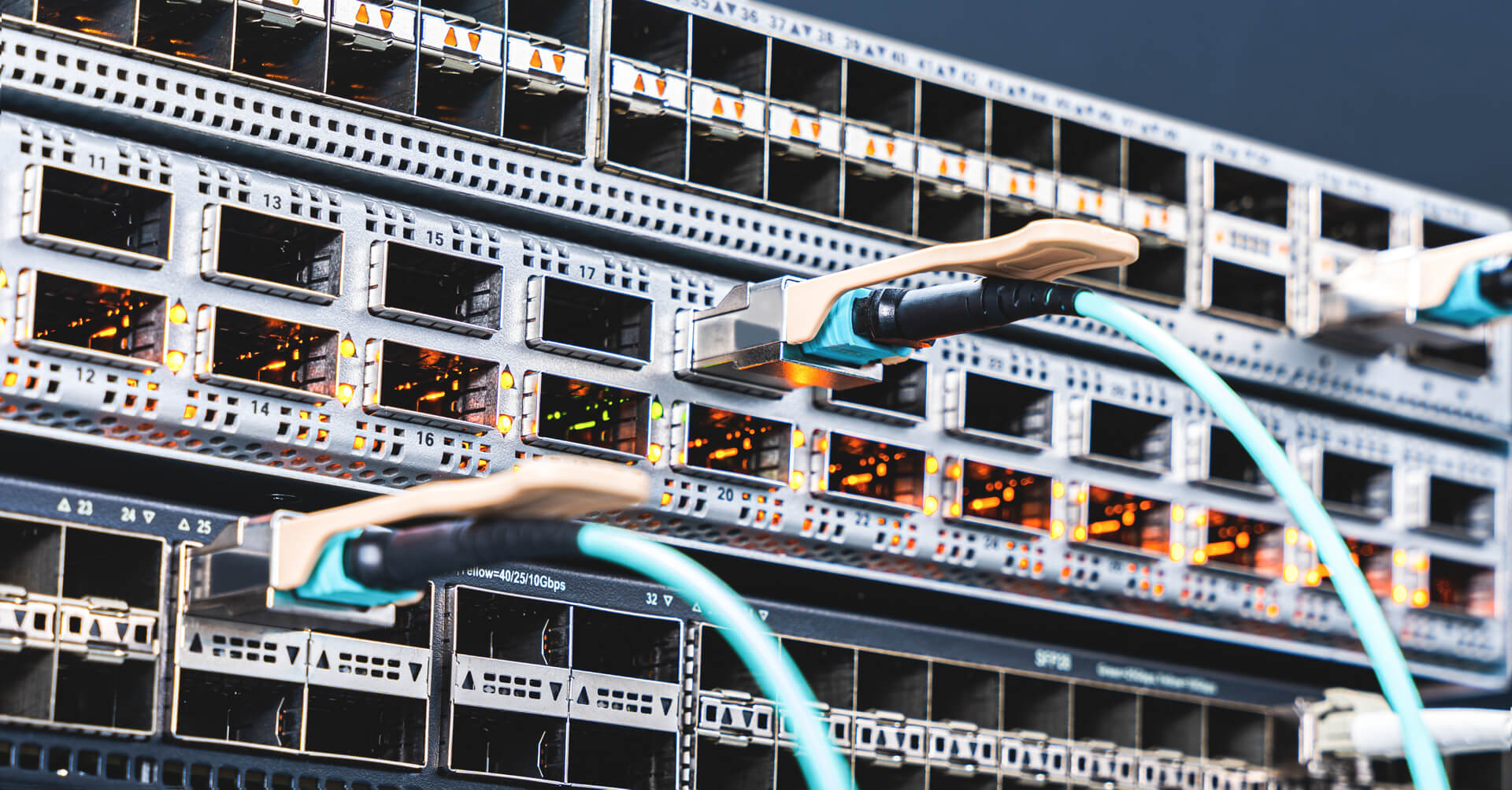The Importance of Computer Updates!
The importance of maintaining system updates. This is crucial to any operating system you may be running including Windows, MacOS & most flavours of Linux. System updates typically come as different types and facilitate major security updates, feature updates and driver updates.
Amongst the foremost of these are: Feature updates, Security Updates & Driver updates.
Feature updates are the most exciting for end users because as it suggests, newly developed features which add or improve the way we interact with our operating system have gone through a full development cycle behind the scenes from a team of experts, tried and tested and now have been released to the world. In the event that these features come with unwanted bugs or overlooked faults, operating system vendors push these out in ‘waves’ or release cycles that target computers of a specific criteria before others – taking Windows as an example if you are a developer or enthusiast user, you can register for an insider edition of your current windows which is targeted first for new feature releases. Naturally, caution is advised as the first releases provide vendors with the bugs and error data needed to fix these issues before the feature updates makes its way to general release for all endpoints.
Security Updates
Security updates consist of operating system defences against the latest malware and attack methods used by agents including cyber criminals and ‘black-hat’- attackers. End users are unlikely to notice any change made to how they use their computer but are assured their data and productivity is not interrupted by any unwanted actions made by agents.
Driver updates are important in ensuring the continued operation of hardware and the way your operating system interacts with it. This attention to hardware applies to both the internal components of an endpoint and external devices which can communicate to your operating system such as a printer or camera.
As aforementioned, each category of update involves the work of usually multiple developers working over an extended period of time, whilst these updates attempt to achieve the same thing, an operating system vendor such as Apple has to make several editions of their updates; suitable for the latest operating system version, as well as older editions running on older hardware. Therefore, to avoid the scale of work getting out of hand and allowing developers to focus on what is current and what is to come out in the future, vendors typically apply ‘end-of-life’ dates to their operating systems. This determines the date where vendors will no longer develop updates and users are encourages to upgrade their endpoints that can run later versions. This may only be a small inconvenience for personal users but in an enterprise environment that manages vast amount of sensitive data and where working and secure IT is paramount to day-to-day operations of the organisation, this is a massive risk!
Beware of End of Life
Using Microsoft Windows as an example in this case, the end-of-life date determined for each edition averages ten years. Empirically, Windows 10 was released in 2015 and is scheduled to reach end-of-life in 2025. A period of ten years may seem large; but to enterprises, this may not be affordable to upgrade the operating systems of all their endpoints and infrastructure supporting systems such as servers. Vendors may offer a tailored long term service channel (often abbreviated to LTSC) which for a price, organisations can maintain their current environment by continuing to receive support and updates from a dedicated department established by the vendor.
RedDoor IT Ltd specialises in small to medium sized businesses that aren’t large enough or cannot justify maintaining an in-house IT department, we recommend staying ahead of the curve when it comes to both software as well as hardware lifecycles. We stay up to date with the set dates from vendors and will make every effort to ensure we keep our customers aware of this. Should our customers require a solution that upgrades their current infrastructure or software, we dedicate time to developing a road map for rolling this out by our team of highly skilled and friendly engineers.
Should you have any questions regarding the status, or your current IT set up or believe it is the right time to seek expert advice in upgrading, then RedDoor IT are here to help!





